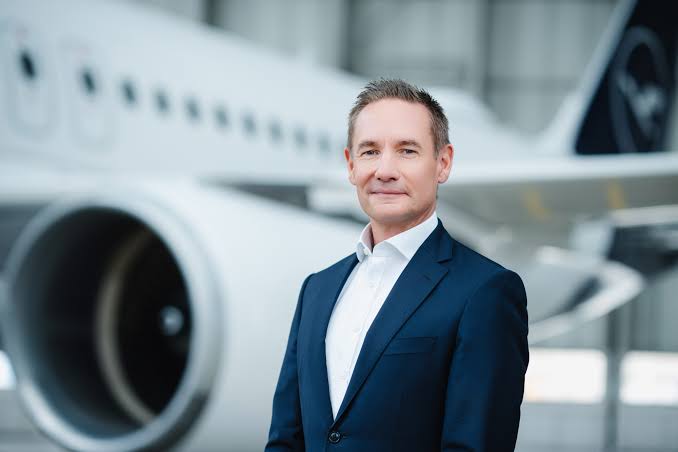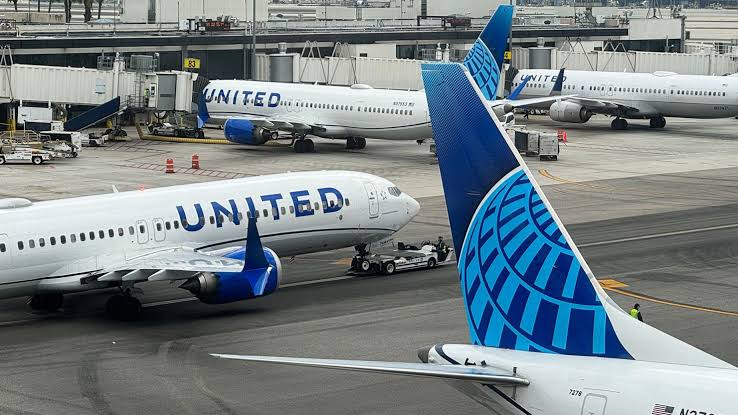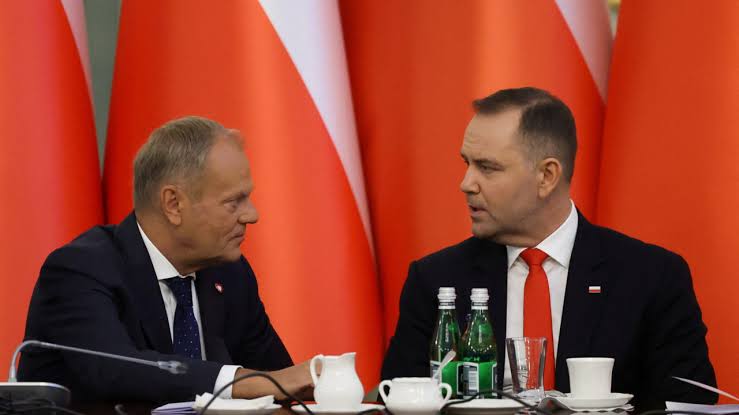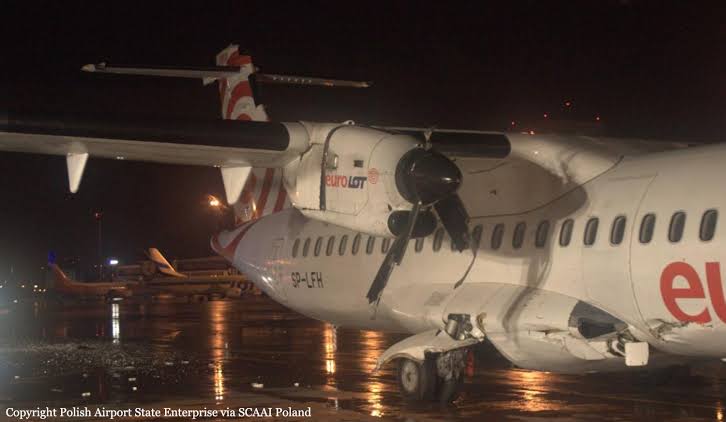Lufthansa Airlines Ceo Passes Away
Lufthansa CEO Jens Ritter: A Visionary Leader Navigating Challenges in Aviation
Background and Leadership
Jens Ritter, the CEO of Deutsche Lufthansa AG, has led the German airline group through both prosperous and turbulent times since assuming the role in May 2014. Jens who began his career with Lufthansa in 1994 as a pilot, brought a unique perspective to leadership, combining a deep understanding of aviation operations with strategic foresight. Under his leadership, Lufthansa has not only navigated global challenges but has also emerged as a stronger entity in the competitive aviation market.
Jens’s journey within Lufthansa began in the cockpit, where he honed his technical expertise before progressing through various management positions. His vision and leadership skills ultimately propelled him to the top, where he took charge of overseeing one of Europe’s largest airline groups, with a fleet that spans across multiple global regions. Jens focus has always been on improving operational efficiency, customer service, and ensuring Lufthansa’s place as a global leader in aviation.
Strategic Initiatives and Challenges
Throughout his tenure, jens has focused on a range of strategic initiatives to keep Lufthansa at the forefront of the aviation industry. One of the most notable of these initiatives was the expansion of Lufthansa’s low-cost subsidiary, Eurowings. In an effort to combat the rise of budget airlines like Ryanair and EasyJet, Spohr worked to create a competitive and profitable arm of Lufthansa that could cater to the growing demand for affordable travel. This move also helped Lufthansa retain a larger share of the European market.
Sphor was the form Ceo
Another key initiative under Spohr’s leadership has been fleet modernization. Recognizing the rising cost of fuel and the growing importance of sustainability, Lufthansa has focused on acquiring more fuel-efficient aircraft. These modern planes not only help reduce operational costs but also address increasing pressure from governments and customers for environmentally sustainable practices. Spohr’s vision of a greener, more efficient fleet aligns with his long-term strategy to ensure that Lufthansa remains competitive while meeting regulatory and environmental demands.
However, Spohr’s leadership has not been without challenges. The airline industry as a whole has faced significant hurdles, including rising fuel prices, changing travel demands, and the disruptive impact of the COVID-19 pandemic. Despite these challenges, Spohr’s leadership has enabled Lufthansa to maintain a strong market position. His commitment to resilience and adaptability has been crucial in navigating economic downturns, labor strikes, and other obstacles that have affected the global aviation industry.
In 2024, Spohr also expressed concerns about the impact of increasing government-imposed costs and regulatory burdens on Germany’s aviation industry. He warned that these factors could reduce the supply of air services, diminishing connectivity and further intensifying competition. This foresight in recognizing the potential risks to Lufthansa and the broader industry shows Spohr’s ability to look beyond immediate concerns and focus on long-term strategic outcomes.
Legacy and Outlook
As Lufthansa approaches its centenary in 2026, Spohr’s legacy is firmly rooted in his ability to adapt to change while pursuing innovation. His tenure has been marked by a commitment to modernization, cost efficiency, and customer satisfaction. Spohr has played a pivotal role in shaping Lufthansa’s future, particularly by positioning the airline group as a leader in sustainability, technological innovation, and customer experience.
Spohr’s strategic vision for Lufthansa’s future includes ensuring that the airline not only recovers from the hardships of the past but also emerges stronger and more competitive. His outlook includes a focus on expanding Lufthansa’s global network, improving the customer experience, and continuing the push toward sustainability in aviation. With plans to lead Lufthansa into its second century, Spohr aims to retain the airline’s position as Europe’s premier aviation group.
Carsten Spohr’s leadership has been defined by a blend of vision, resilience, and strategic foresight. From modernizing the fleet to expanding into new markets, Spohr has faced numerous challenges head-on, always with the goal of keeping Lufthansa at the top of the global airline industry. His tenure as CEO has not only strengthened Lufthansa’s position but has also paved the way for continued innovation and success in the years to come. With a clear vision for the future and a proven track record of navigating difficult times, Carsten Spohr remains a central figure in Lufthansa’s ongoing journey to success.






